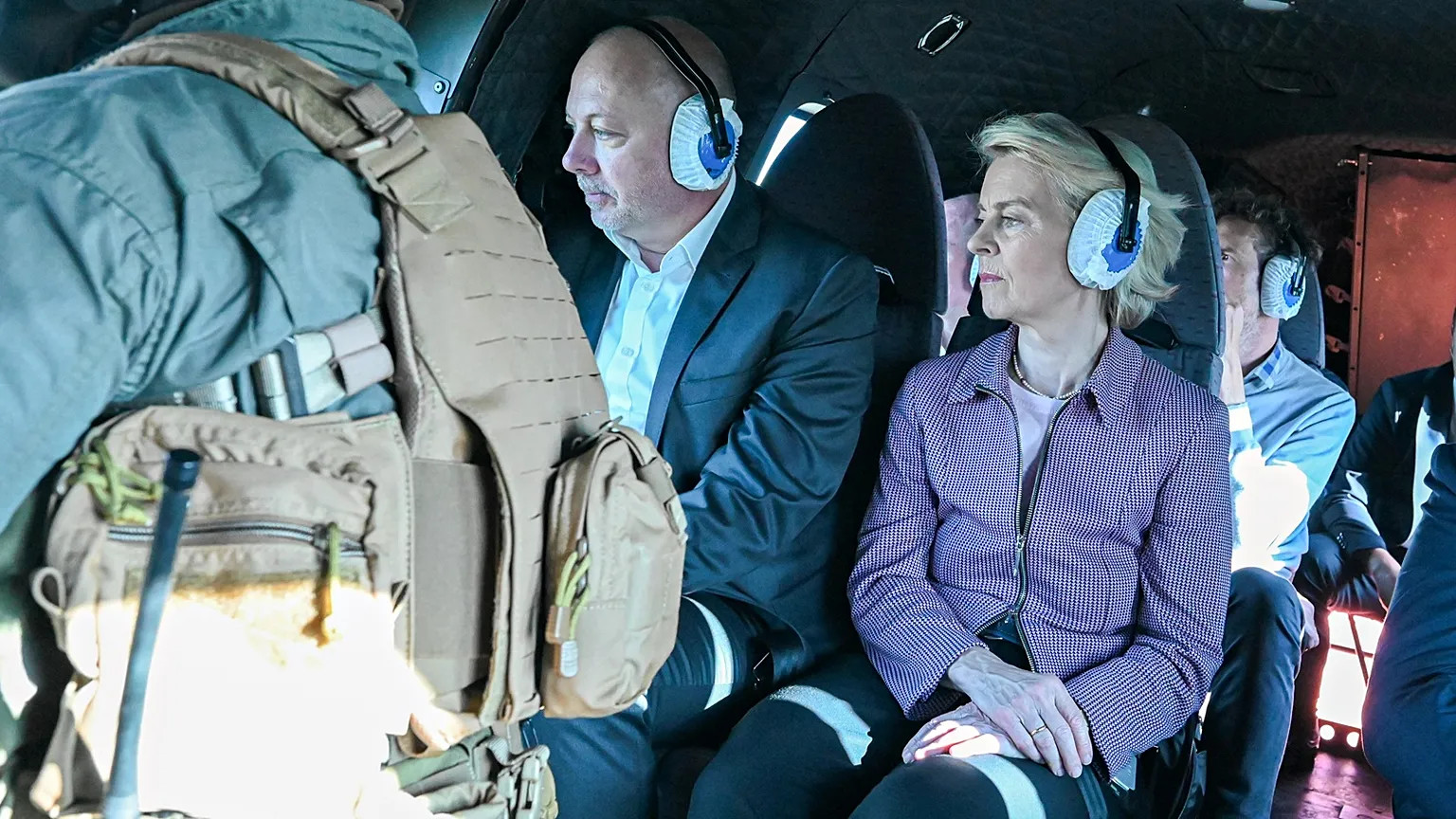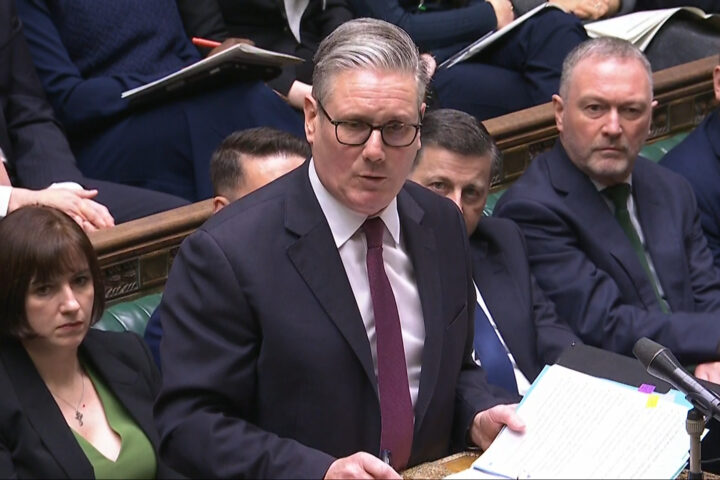A plane carrying European Commission President Ursula von der Leyen was forced to land in the Bulgarian city of Plovdiv on September 1 after its navigation systems failed, prompting suspicions of Russian interference. According to Financial Times, the aircraft circled for hours before the pilots switched to paper maps to complete the landing safely.
Officials suspect Russian interference
Three officials told the newspaper the incident was being treated as a possible Russian operation. They said GPS signals were jammed during the aircraft’s approach, disabling electronic navigation systems. The European Commission confirmed the disruption, while Bulgaria’s air traffic authority pointed to a growing trend of GPS jamming and spoofing since 2022, warning that such interference increasingly creates operational risks for both aircraft and ground systems.
Moscow denies involvement
Kremlin spokesperson Dmitry Peskov dismissed allegations of Russian involvement, rejecting claims that Moscow had targeted von der Leyen’s aircraft. However, European officials noted that the use of GPS jamming has expanded in recent years, particularly across the Baltic Sea and in Eastern European states bordering Russia, disrupting aviation, shipping, and civilian infrastructure.
Hybrid threat to civil aviation
Experts say Russia has used GPS interference as part of hybrid warfare, projecting power and creating uncertainty for NATO members and allies. The Plovdiv incident is viewed not only as a technical failure but also as a deliberate provocation, interpreted by some as a warning aimed directly at the European Commission president. Analysts also describe it as a test of the West’s resolve in responding to such hybrid attacks.
Growing international concern
The Bulgarian incident adds to a series of disruptions reported earlier this year in Estonia, which accused Russia of blocking GPS signals affecting civilian aviation across seven countries, including Finland, Norway, Sweden, Poland, Latvia, Lithuania, and the United Kingdom’s Royal Air Force. The interference violates international law, with aviation safety guaranteed under the Chicago Convention, and poses risks far beyond air traffic—affecting maritime navigation, logistics, communications, and financial systems.
Calls for a coordinated Western response
EU and US policymakers are now urged to develop a joint strategy to counter Russian hybrid operations, including GPS jamming. Proposals include enhanced intelligence sharing, faster detection of jamming sources, and possible expansion of sanctions against Russia’s defense industry. Western governments are also expected to bring the issue before international bodies such as the International Civil Aviation Organization and the United Nations to push for wider condemnation of Moscow’s tactics.















